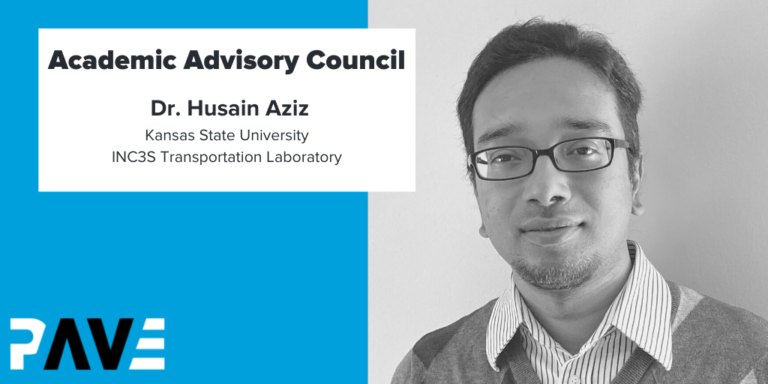About
Dr. Aziz is an assistant professor of Civil Engineering at Kansas State University and the director of the INC3S (Intelligent Computing for Safe, Smart, and Sustainable) Transportation Laboratory. INC3S transportation lab is currently focusing on modeling and optimizing the mixed flow of human drivers and autonomous vehicles in transportation networks. We are also developing novel techniques that leverage connected and automated infrastructure to make shared-use mobility systems more efficient and sustainable
PAVE: How does your work align with our mission to educate the public on AV technology and its promise?
As an educator preparing/mentoring the future transportation/traffic engineers of the nation, my current focus is to expose the students (both undergraduate and graduate) to emerging vehicular technologies—connected and automated vehicles, connected infrastructures, the landscape of vehicle automation—through course curriculum and lab design. Also, my research lab is working on understanding human interaction with autonomous vehicles and designing a transportation system that is trustworthy and safe for the general public. Both are aligned with the PAVE mission to educate the public on AV technologies.
PAVE: What are current barriers you see in public acceptance of automated vehicles?
One major challenge is to build public trust (positive reinforcement on the perception of safety) through first-hand experiences so that the perceived risks outweigh the expected benefits. Another significant challenge is to make the general public (i.e., the users of the AV-based mobility systems) conscious about the levels of automation—self-driving vehicles in sci-fi movies vs. SAE level-3 AVs.
Limited yet safe AV deployments (e.g., low-speed shuttles in university/corporate campus) accessible to the general public can reinforce the public trust-building. We need to have public outreach programs explaining the AI/ML concepts and applications in the AV technologies.
 PAVE US
PAVE US PAVE EUROPE
PAVE EUROPE PAVE UK
PAVE UK

